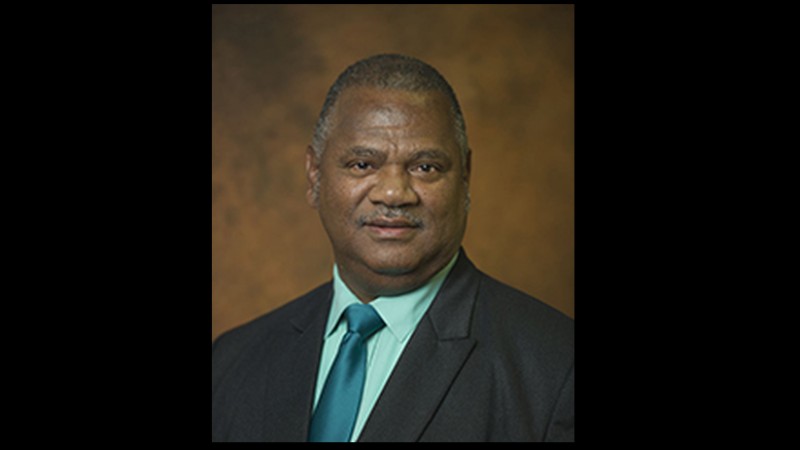With powerful hardware working together with an industry-leading camera system and intuitive AI experiences, everyday tasks have never been easier and faster
How do you follow Cape Town’s new mayor on social media? You can’t

It’s official: Cape Town’s next mayor will be former mayor Dan Plato, the DA confirmed on Tuesday. He will take over the reins from outgoing mayor Patricia De Lille from 1 November.
This week the party also announced that Alan Winde will be the DA’s candidate for Premier of the Western Cape, and confirmed that Mmusi Maimane — who was running against Winde — will remain the party leader.
But while Winde is active on social media, De Lille boasts a big online following, and Maimane has an undoubted and established presence on Twitter, Dan Plato is the outlier. His personal social media accounts cannot be found online. At all.
In fact, Plato doesn’t have a public Facebook account, Twitter or Instagram page.
When the announcement of his new position was made on Tuesday, the hashtag #DanPlato was used as a substitute by his party, the media and followers.
And sure, you can try searching for him but you’ll find a man from Cleveland, Ohio who changed his Twitter bio to “I am not the mayor of Capetown, South Africa”.
(Something tells us that this probably isn’t Cape Town’s Dan Plato.)
A Cape Town mayor who has seemingly avoided social media thus far in his career probably comes as quite a shock for the city’s residents, particularly since current mayor Patricia De Lille is known for her chattiness online.
According to SocialBlade, she averaged around eight tweets a day in September alone, published to her 143 000 followers on Twitter. The latter number’s also growing by 100 per day.
And did we mention that her tweets — at least those not sent from her mayoral office team — are pretty sassy?
.@MmusiMaimane I still expect a Christmas bonus. #wtftumi
— Patricia de Lille (@PatriciaDeLille) August 7, 2018
While she doesn’t have an Instagram page, she also has a public Facebook page with 25 000 page likes.
Politicians — at least the major faces at the DA, ANC and EFF — all have sizeable Twitter accounts. Said accounts are used to relay information to followers, disseminate pro-party policies, or in De Lille’s case, update Cape Town on the City’s various projects.
More recently, the water crisis came into the spotlight on her Twitter roll. She’s also known for her daily interactions with followers and regularly tweeting her agenda for the day. These are also reposted to Facebook.
Dan Plato, however, can’t do this without social media accounts. And it’s important, considering that online media is becoming an essential communication link between the head of the City and its people.
We would like to wish #DanPlato the best of luck on his new role as a Mayor of City of Cape Town.
We know that he will continue the work of putting the people of Cape Town first. pic.twitter.com/vmMw2NK1f3
— Democratic Alliance (@Our_DA) September 19, 2018
But not all is lost. Plato can still build a support base online.
South African President Cyril Ramaphosa’s online rise is an excellent example. He lacked a notable Twitter presence until he was elected as the country’s and ANC’s leader earlier this year. And his following is still growing. In February 2018, he had just 153 000 followers. This number has more than doubled at the time of writing.
A social media presence doesn’t determine the quality of the leader, but Cape Town’s municipal boundaries — at least online — will shrink significantly from November 2018.
Dan Plato will hit the ground running and be an excellent mayor for Cape Town.#DanPlato
— Democratic Alliance (@Our_DA) September 19, 2018
Although the role of mayor isn’t a foreign concept to Plato, Cape Town’s new leader may be a bit more silent online than we’ve become accustomed to.
We’ve reached out to the City of Cape Town for comment regarding its social media plans for the city’s incoming mayor, but was unable to provide comment at the time of publishing.
Feature image: Western Cape Government


